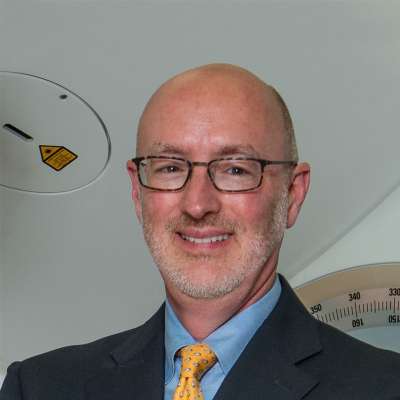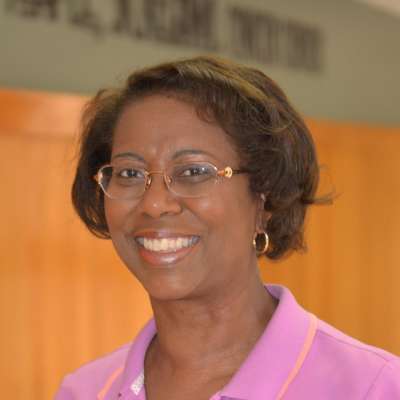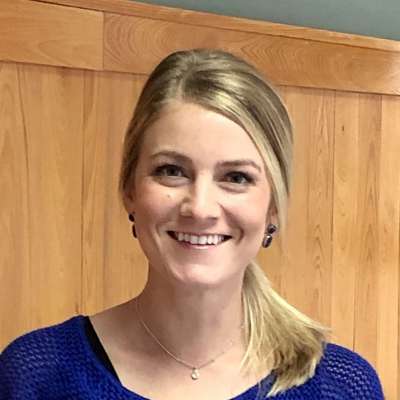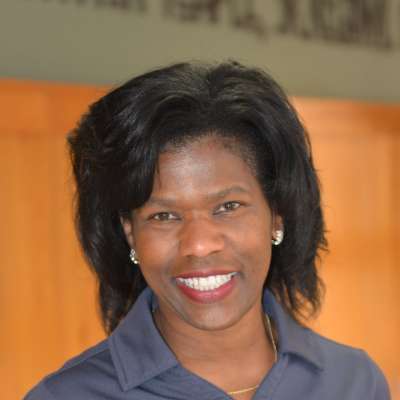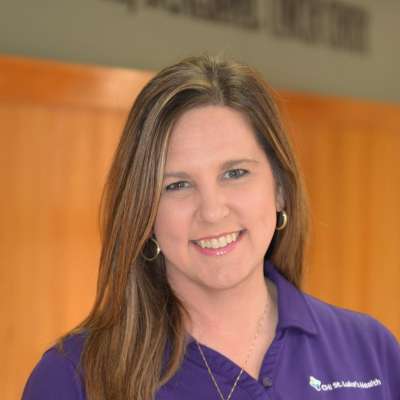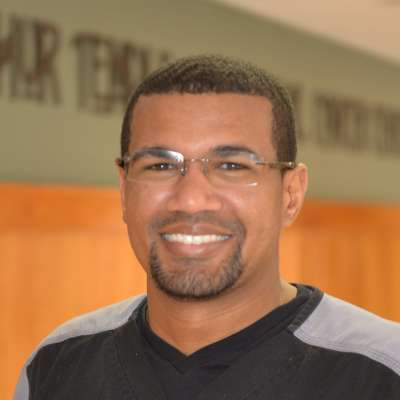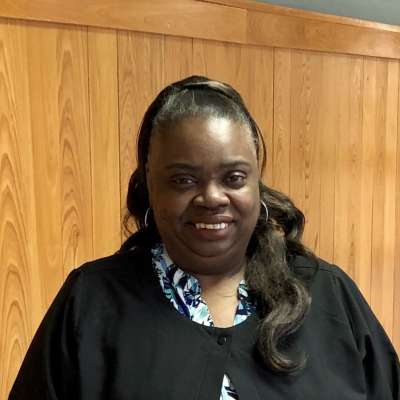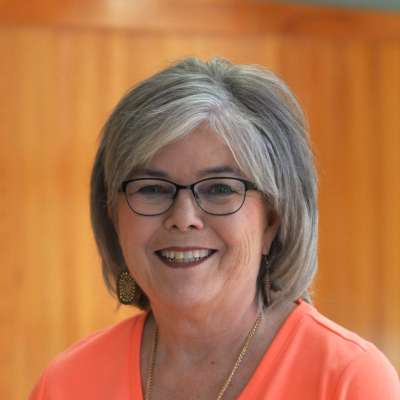How does your faith affect your approach to healthcare and the sick around you?
Last month, I wrote a column for a special section of the Lufkin Daily News on cancer. I shared my Top 10 list[1] of things to do when you are diagnosed with cancer. My advice ranged from simple things, like taking someone with you to your appointments, to internet advice and how to educate yourself. My strongest point was a warning to take others’ advice with a grain of salt. Over and over, I hear from patients how distressed they are by the in-your-face opinions they get from friends, family, and even strangers. “You should do this!” or “Don’t even think about that!” they say with unfounded authority. I wrote:
“There are many well-meaning people out there who do not know how to keep their mouths shut, to be honest. You know the type – the neighborhood healthcare “expert” whose mission in life is to tell you what you need to do. Ignore them. Despite their insistence, they do not know about you and what you should do. It doesn’t matter how sincere they may be, they have no business getting into your business and telling you what to do. Kindly tell them thank you and move on.”
I went on to address those who are equally (if not more) judgmental from a religious perspective:
“On a related note, ignore the religious “expert” who wants to tell you either your cancer happened because of some sin in your life or your cancer will only be cured by prayer. Those people are doubly dangerous. Not only do they not know medicine, they don’t know theology, either. Don’t feel guilty or let them sow that insidious seed of doubt in you about following your doctors’ advice. And for those of you sincere “friends” who think you know what you are talking about because your uncle’s brother-in-law had something like this 20 years ago and this is what happened, please just keep quiet. The best way to help out a friend who has been diagnosed with cancer is to listen – only listen.”
There is a wing of Christianity that wants to blame everything on sin, insisting illness is a sign that there is sin in your life of which you must repent, or you cannot be healed. Further, they guilt you into thinking that if you are not healed, it is your fault! Your faith wasn’t strong enough. You didn’t pray hard enough. This cruel, unbiblical viewpoint has been the source of significant pain for many of my patients over the years.
When I was growing up, this was the message of televangelists like Jim and Tammy Faye Bakker and Paul and Jan Crouch. Other famous proponents include Kenneth Copeland, Joyce Meyer, Benny Hinn, Creflo Dollar, and Joel Osteen, all who have gotten very wealthy selling the seductive lie of the name-it-and-claim-it and prosperity gospel.[2] Note to self: Don’t ever send money to a TV ministry. Ever. Why even watch?
The sloppy theological thinking[3] of many in the church leaves them open to doubt, as I mentioned earlier, when others question their faith, especially regarding their health. This heretical thinking – that we can just speak disease away – reached the heights of hubris and idiocy during the COVID pandemic, with televangelist Kenneth Copeland melodramatically taking a deep breath and blowing in the direction of the TV camera saying, “Covid-19, I blow the wind of God on you! You are destroyed forever, and you’ll never be back!”[4] It would be laughable if people didn’t take him seriously and send him money. Instead, I have no doubt some died as a result.
Orthodox theology is very clear. Suffering is universal. It rains on the just and the unjust. And suffering can be a virtue. I do not deny that we can and do experience medical consequences of our behavior (smoking, physical inactivity, violence, etc.). But the “why things happen” questions in life may never be answered. This is where true faith is manifest. Our need to know a cause – of cancer or Alzheimer’s, for example – so that we can assign blame, can lead to moralizing by those on the sidelines (or on the TV screen) and only pour salt on the wound.
One of my favorite biblical healthcare stories is in John 9, where Jesus’ disciples assumed a man’s blindness was due either to his parents’ or his own sin. Jesus corrected them,
“Neither this man nor his parents sinned,” said Jesus, “but this happened so that the works of God might be displayed in him.”[5]
Jesus proceeded to heal the man to the astonishment of many and the condemnation of the Pharisees. And the biblical book of Job is filled with well-meaning friends self-righteously (and erroneously) questioning Job’s character and faith. Job demonstrates that we can and do suffer, sometimes profoundly, through no fault of our own. Like Job, usually we do not know why we suffer. The point of faith, however, is not to command that suffering be gone, but to trust God to be present. Theologian R.C. Sproul wrote, “This is the wisdom that answers the question of suffering — not the answer to why I have to suffer in a particular way, in a particular time, and in a particular circumstance, but wherein does my hope rest in the midst of suffering.”[6] For Job, that hope rested in God.
In my experience, the relationship between faith and medicine can be a beautiful, graceful dance. When you are suffering health issues, do you want a god that is powerless to act if you don’t say the right prayers, light the appropriate candles, or have big enough “faith”? Or is God truly God, even in the midst of the storm?
[1] https://drsidroberts.substack.com/p/ten-steps-when-diagnosed-with-cancer
[2] http://www.erfm.org/word-of-faith-movement-a-doctrinal-critique.html
[3] https://www.compellingtruth.org/word-faith.html
[4] https://youtu.be/dbqbiX4xi_0
[5] https://www.biblegateway.com/passage/?search=John+9%3A3&version=NIV


